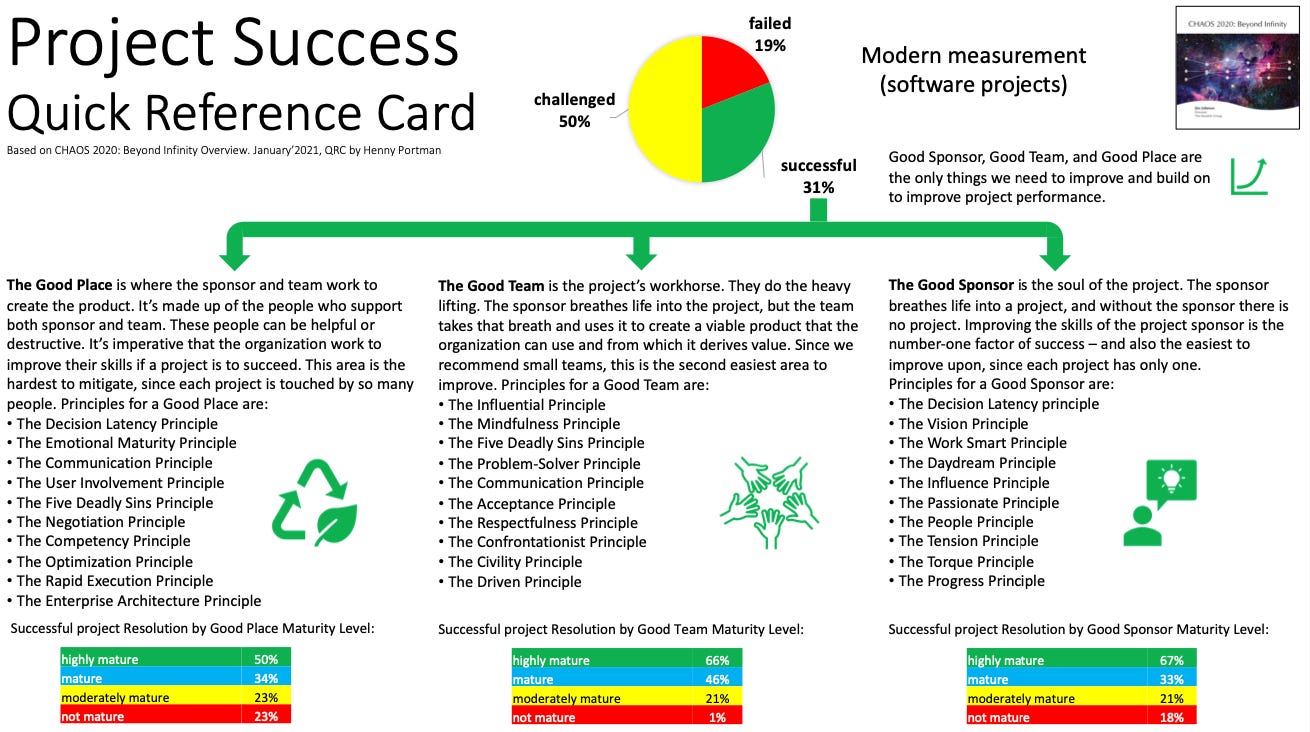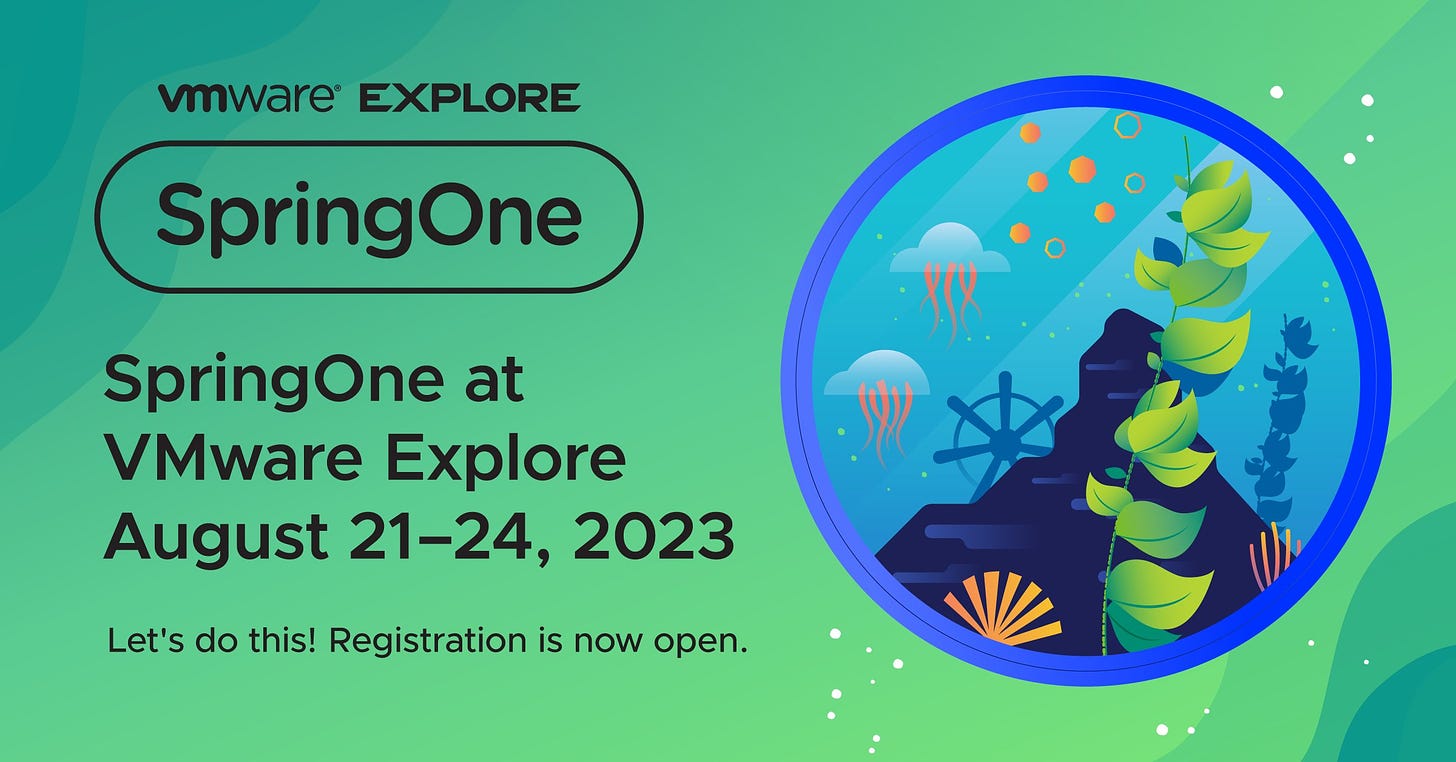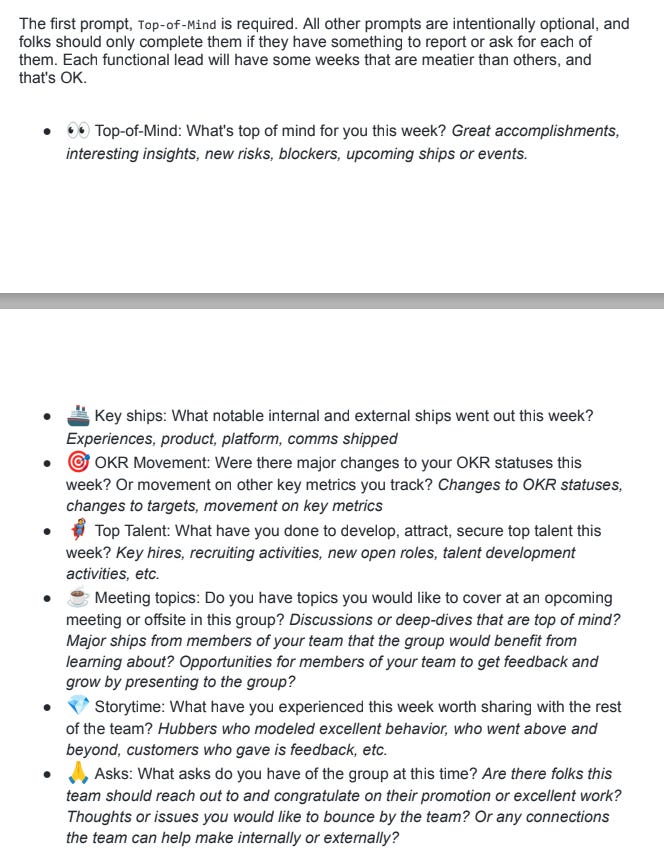Suggested theme song for this episode:
30% in 2025 implies low use in 2023
From the recent Gartner Marketing Symposium highlights:
64% of marketers have deployed, or are piloting, AI/ML to support autonomous campaign creation, execution, and optimization capabilities. [But:] Gartner predicts that by 2025, 30% of outbound marketing messages from large organizations will be synthetically generated.
If you’re in marketing, you need to be using ChatGPT (or WHATEVER) today, as much as possible. “Piloting” isn’t really good enough: what’s the pilot? It works.
And if we think about what 30% in 2025 means, that means most people aren’t doing anything now. And only 30% of it? This matches with what I see and hear about: there’s not a lot of ChatGPT usage in marketing. And, really, this is true for people in all roles.
Here’s the number one case for “outbound marketing” (mostly content, in the best, most expansive meaning of that term) so far:
The AI stuff will take care of the worst part of content marketing: coming up with initial plan, the outline, the first passes at the content. The thing with marketers is that they're often not subject matter experts (SMEs) in what they market; they're subject matter experts in marketing. In the same way that programmer doesn’t have time to learn how to market and do marketing operations (I mean, sure, a programmer thinks anything is trivial and just takes 15 minutes, but, I mean: realistically speaking), a marketer doesn’t have time to learn the intricacies of SLSA, EU banking regulations, and whatever a “service mesh” is this quarter.
Marketers have to work with people who are SMEs and extract content from them. I'd estimate this fails at least 50% of the time, probably more. This is because marketers often rely on the SME to jump start the whole thing: to start with a blank screen. Usually, the SME has little idea what the marketers goals are, how it fits into campaigns, the messaging and positioning du jour, etc. Again: the SME doesn’t have time to know that, let alone have spent years training up how to write content that “stays on message” and brand.
The SME just doesn't have time and likely can't write well (again, this isn’t a negative judgement: that's not their subject area of expertise). So, marketers waste a lot of time on stalled out projects. ChatGPT is great at filling that in. You can take rough notes from an SME (a transcript even!) and get the content in enough shape that a marketing person can polish it up and send for review to the SME who can add in little embellishments - things like anecdotes and "real world" stories. You can do this with articles, podcast ideas, video scripts…whatever.
You have to think of stuff like ChatGPT as a co-author, editor, and writing coach, not the writer. Until you start using ChatGPT (or WHATEVER generative AI thingy), it’s easy to have all sorts of weird notions about it: it’s too complex, it makes stuff up, it will take over the world and first eliminate all jobs and then kill all humans. Once you use it you realize all of that is humans hallucinating. It’s very simple; OK, it does make stuff up, but it’s getting better; and there’s absolutely no intelligence, autonomy, or will to the thing.
People are always afraid of technology they don’t understand. Once they understand it by using it, they’re usually like, “Oh. I see. This is about as scary as a spoon, and ten times as useful.”
The goal is not only to jumpstart and enrich the content, but as with all computer-driven automation, to free up time to be more strategic, more human. In marketing this means things like planing campaigns, understand how your business works and your products get sold so you market them better, and experiment with various tactics. The last is something very few people in any role have the time to do, ask the questions: is all this shit we’re doing working; how would we even know; and, if it’s not working, what should we try differently?
Most every marketer I've ever know over the years always complains that they're "too reactive" the they don't have time to be more strategic, to have a plan. I certainly feel this way with all the marketing work I do - and, well, most everything else in my work and personal life! Elsewhere in the conference highlights, you read: "Marketing leaders often struggle to find the right balance of top-of-funnel activities. In many cases, they are leaning on the ones that underserve their brand." Yup: not enough time do strategic analysis and that thing humans are really good at: deciding what to do next based on data and gut feel, based on taste and style.
Hopefully, the AI stuff can remove a lot of the shit work that takes up time and prevents marketing people from being more strategic, from taking advantage of their human capabilities. Indeed, Gartner predicts: "Organizations that use AI across marketing will shift 75% of their staff’s operations from production to more strategic activities."
If you’re in marketing (and, likely, many other roles), don’t wait until 2025 to do just some of your work with the AI stuff, start using it today for a 100% of your marketing machine.
Guess who’s back, back again... It’s SpringOne, attend yourself, tell a friend! We’re back, and this time around, we’ll be at VMwareExplore Las Vegas, so you’ll get an even bigger conference vibe going. You could actually meet and talk with those mysterious “ops” people. It’s August 21st to 24th, 2023. I’ll be there, and it’d be great to see you. Check it out.
451's summary of the part of VMware that I work on
From a report on VMware’s overall strategy this year:
The VMware Tanzu and Aria Platform applies automation to the task, bringing together release pipelines with a management plane that enforces policy and collects thousands of data points from deployed applications, with the promise of making it possible to understand the configuration state, and thereby continually tune cost, performance and security at runtime. VMware Tanzu and Aria Platform includes Tanzu Application Platform (for developers) and Tanzu Kubernetes for Operations, which is for platform engineers and SREs, and works with on-premises and cloud-based Kubernetes services. It can also lifecycle-manage EKS clusters. Additionally, the platform includes Aria Guardrails, which creates application landing zones with built-in security and compliance, and Aria Cost. The offering integrates and extends cloud-native, open-source technology with an internal developer portal and built-in instrumentation for logs and security. App accelerators aim to speed development with prebuilt templates incorporating secure pipelines (including data pipelines) and infrastructure-as-code manifests. The VMware Application Catalog (based on Bitnami) will allow Aria to do custom open-source software builds. The ultimate goal is to enable similar composability at the infrastructure layer.
Move Status Meetings to Status Memos
Here’s a status memo/email template that groups can use to eliminate or shorten (most) weekly status meetings, from Erica Brescia:
I think it’s great! You have to train people to be concise, which means eliminating some of the content you’d like to share. This is a place where, like, #chatgpt could help: reduce these status update (that I got from 15 random groups with their own style to two sentences according to Erica's template. (Of course, company privacy/confidentiality of putting your top secret poop into ChatGPT, blah blah.)
A memo like this is good in itself: (1) for sharing information, especially upwards so management can use it for “status” and to figure out what to do, what’s going on, etc., but also “lower down” the management chain so that more people know what the company is up to as a whole, and, (2) yes, less or shorter meetings. If they're not eliminating meetings, then the format needs to be refined. The point of eliminating meetings, of course, is to free up people time to (a) do “actual work,” (b) eliminate the demoralizing energy-suck of status meetings, and, I’d hope, (c) get home earlier.
Also, I think have any structure in reporting like this, and then actually doing it is has a good side effect, or at least indication that work is actually getting done (and/or that management has created and nurtured the system that allows for work to be done, if you prefer that kind of mind-phrasing). You can only report on OKRs weekly if you actually have them. You can only share an interesting story if you actually had one. And so forth. If there’s nothing to write in the weekly memo, something is probably going wrong.
One thing I've seen done is to add a one line description of the product /area you're giving a status update on...since most people (me!) won't really know all the details.
Wastebook
“and I thought, well, if I write about it then I can expense it, so what the hell.” Here.
New talk idea: “The Case for Doing Nothing More Often - 3 Stories.” I was going to submit this to DevOpsDays London, but then I realized I’m going to a conference earlier that week…and it’d be a bummer to be gone all week from family.
Prompt ChatGPT to write A Modest Proposal, except in favor of eliminating pockets from clothing.
“an herby, creamy, green goddess-y dressing. Here’s my no-recipe recipe: Blend together 1 cup Greek yogurt + 2 cups tender herbs (basil, parsley, tarragon, dill, whatever is in the fridge) + a good squeeze of lemon + a garlic clove. Use as-is for potato salad or crudités, or thin out with a splash of warm water to use as a dressing for leafy greens.” Here.
The title of my next book should be something like: “Scale & Stick: how large organizations change how they do software. Or, for Christ’s sake, actually change this time: tactics that work better than trying to escape Plato’s cave by using copies of Accelerate to saw through your chains.”

Relevant to your interests
First Attempt at Gathering DORA Metrics - Not easy.
It’s the agile mindset that matters for local government - getting local government to do agile is difficult - “Local government culture is heavily business case driven, where funding is unlocked by making promises around outcomes in one, two or more years’ time. There’s also decades of learned behaviour to overcome, where people are just used to things being ‘finished’ and having projects plans with lots of lovely milestones in them.” And: “I like to boil down the agile mindset to three core, very simple ideas. That work is better when: (1) We break big problems down into smaller, more manageable one (2) We get working things into the hands of real users as quickly as possible, and act on their feedback (3) We work collaboratively in multi-disciplinary teams”
Day 868 and Chunks - Knowing what your or your organization’s goals are in enough difficult to come up with a to do list is difficult.
On-Premises Cloud Is a Failure. Google Has the Fix - Or you could run Cloud Foundry and call it a day.
Organize Your Change Initiative Around Purpose and Benefits - “While the number of change projects keeps rising, the failure rates continue to be staggering: According to the Standish Group, only 31% of projects are considered successful. The idea that 69% of change projects result in wasted resources and budgets and unrealized benefits is mind-blowing.”
How Agile Value Management Creates Value Faster - Some metrics for measuring progress.
The growing influence and benefits of site reliability engineering - “SRE is in the plans for more organizations. Although only 33% of respondents currently have SRE at their organization, 47% are considering implementing it and only 20% are not considering. Large organizations with more than 1,000 employees are more likely to have SRE, with 40% already having it in use and only 14% claiming they are not considering adding it.”
The State of Consumer Investing With Benchmark’s Sarah Tavel - “‘Crypto is a bad word now,’ Tavel told me. ‘It’s really hard to train consumers to trust something again — once a consumer has made a first impression. It’s much easier to teach a user a first impression than to rewrite that first impression.’”
In-between Moments - “The 30 minutes between leaving work and meeting up with with a friend for drinks is an in-between moment. The subway commute that was too crowded to even think so I’d have to mentally check out is an in-between moment. The time spent standing on line at the post office during a quick lunch break is an in-between moment.”
Microsoft Build 2023: The 5 biggest announcements - The Verge - ChatGPT injected up and down the Microsoft stack.
Elon Musk’s right-wing media venture scores another big win - Techmeme summary: “Elon Musk’s intent in buying Twitter apparently was not only to dismantle a traditional media tool but also to turn Twitter into a right-wing media heavyweight.” // Someone else made the point that Twitter launched all sorts of left-wing movements, and now it’s becoming right-wing. TWIST.
Cloud-based IT operations are on the rise - “Gartner research predicts that 35% of data center infrastructure will be managed from a cloud-based control plane by 2027.”
Gartner Survey Reveals 71% of CMOs Believe They Lack Sufficient Budget to Fully Execute Their Strategy in 2023 - My take: 100% of executives agree they would like more budget.
Metaversal Dissonance - “a larger cultural weirdness that I think is especially palpable in the US at the moment. We basically don’t know how to align real life sensory information with what we see and read and watch online, which increasingly is either as important or more important than what’s happening offline. I used to make a joke during the pandemic that there were a bunch of people I met in 2020 via Zoom and I had never seen their legs before. Which is something you don’t really think about, but it’s strange nonetheless.”
Cutting Costs by Cutting Waste - Instead of removing travel, R&D, etc. (which were thought to be required for your goals at once), focus on removing waste: Excessive risk management, analysis paralysis, unproductive meetings, imbalance of doing/watching, manual bureaucracy/toil. Counter-point.
Lessons learned from 7 years of running developer platforms
The recording of my most recent platform talk I is up. I did this two weeks ago at Devoxx UK:
Upcoming
Talks I’ll be giving, things I’ll be doing, places I’ll be going.
May 31st Fireside chat with the GM of my business unit at VMware, online. June 1st VMUG Belgium in Brussels, free. June 7th State of Kubernetes overview, online. June 8th to 9th PlatformCon, online. June 21st Cloud Foundry Day, Heidelberg, speaking. June 21st Making digital transformation stick in government agencies, online. June 22nd to 23rd DevOpsDays Amsterdam August 21st to 24th SpringOne & VMware Explore US, in Las Vegas. Sep 6th to 7th DevOpsDays Des Moines, speaking. Sep 18th to 19th SHIFT in Zadar.
Logoff
See y’all next time!


